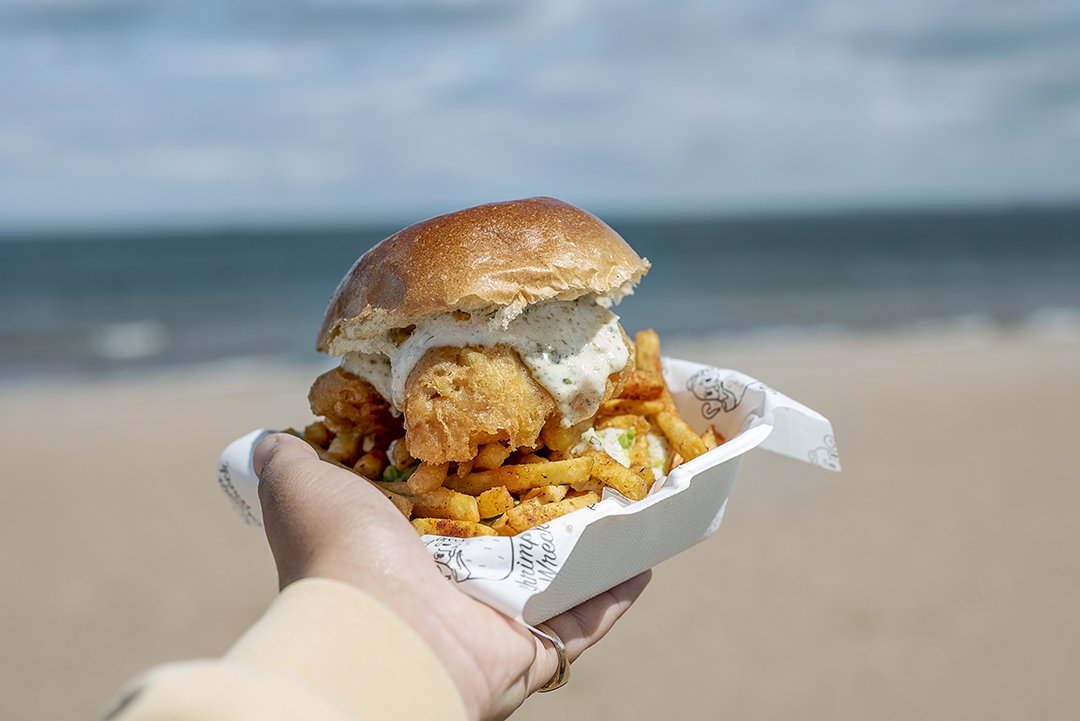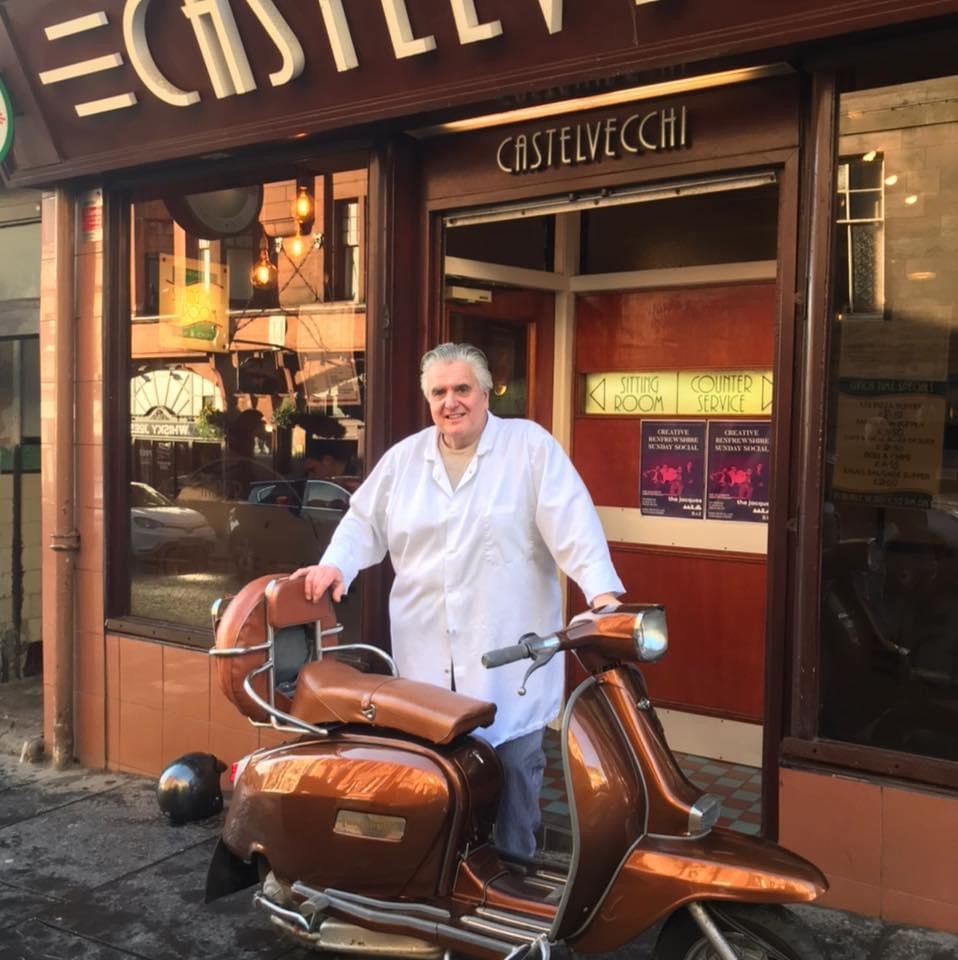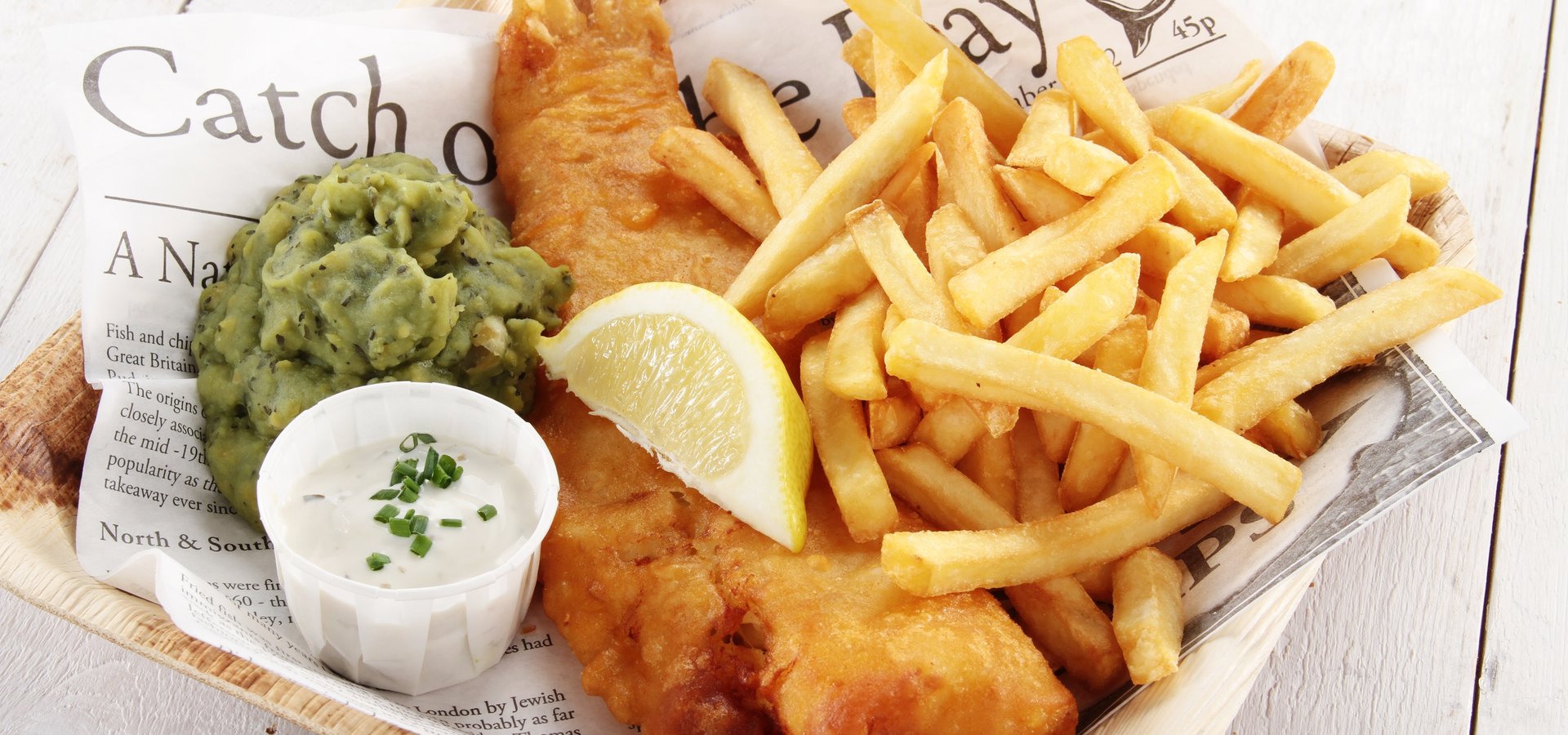Like many dishes, the history of Fish and Chips has never been definitively confirmed. The origins of this beloved dish have been the subject of heated debate over the centuries, with some theories attributing it to the Portuguese Jewish community, who brought the much-loved "pescado frito" to the UK, or to Venetian immigrants, as mentioned by Charles Dickens in Oliver Twist.

Andrew Crook, treasurer of the "National Federation of Fish Friers," stated, however, that he had never heard of an Italian connection to fish and chips and confirmed that the dish was first served around 1860, with both the Malin family from London and the Lees from Mossley, near Manchester, claiming to be the pioneers. But, as we know, the history of a dish is often an intertwining of cultures and the influences of various peoples and traditions that have contributed to its evolution through a rich variety of nuances. So, let's be clear: Italy did not invent Fish and Chips, but it did influence its success in some way. But how?

Fish & Chips and Italians in England: A Story of Success
Imagine London in the late 19th century, when the Italian community was beginning to establish itself in the UK. In search of economic stability, many Italians turned to trades like street music or knife sharpening. But it was the encounter with fish and chips that marked a turning point. Fried cod was already a known specialty in many regions of Italy, from Campania to Tuscany, making the transition to this new profession feel natural.
Thus, the first chip stalls were born, initially concentrated in Little Italy neighborhoods and later spreading across the nation, from industrial centers to mining areas, and even in the most remote regions of Wales, Scotland, and Ireland. In Dublin, for instance, Giuseppe Cervi opened his chip stall with such success that residents still order "one and one" today, just as his wife Palma would ask customers, "One of this, one of that?" In this way, Palma helped coin the Dublin phrase "one and one," which remains a common way to order fish and chips.
Meanwhile, the shop sparked an entire industry. It was in Scotland, however, that the Italians' love for fish and chips reached its peak. By 1914, there were as many as 4,500 stalls throughout the country, serving an astonishing 800,000 portions of fried fish per week in Glasgow alone. This dish became an integral part of Scottish culture, so much so that it is still considered one of the locals' favorite meals today.
Over time, the Italian community evolved, and roles changed. The 1970s saw a decline in Italians' interest in chip stalls, but some traces of their presence remain today. In Glasgow, for example, you can still find a few of the last Italian-run chip stalls hidden among the city's streets.
From Paisley, a town near Glasgow, comes one of the most fascinating stories. Here stands one of Scotland's oldest “chippies”: "Castelvecchio," run by Alfredo Nutini, father of the famous singer Paolo Nutini. For over a century, this establishment has been a landmark for the community, enduring the challenges of time, wars, and changing trends.

So, the next time you enjoy a delicious serving of fish and chips, remember that behind this dish lies a rich and fascinating story of immigration and cultures that have helped shape British gastronomy. And just like the taste of a freshly fried "one and one," this story is bound to remain in the hearts of those who savor it.
Altri articoli
-
 Living the sparkleWorld’s 50 Best Restaurants 2024: gli italiani.di Veronica Zirelli
Living the sparkleWorld’s 50 Best Restaurants 2024: gli italiani.di Veronica Zirelli27 June 2025 -
 Living the sparkleIl maestro vetraio di Murano firma una linea esclusiva di bicchieri per The Arts Bardi Giacomo Iacobellis
Living the sparkleIl maestro vetraio di Murano firma una linea esclusiva di bicchieri per The Arts Bardi Giacomo Iacobellis18 October 2024 -
 Living the sparkleHow to brunch… all’italianadi Camilla Addati
Living the sparkleHow to brunch… all’italianadi Camilla Addati16 October 2024




